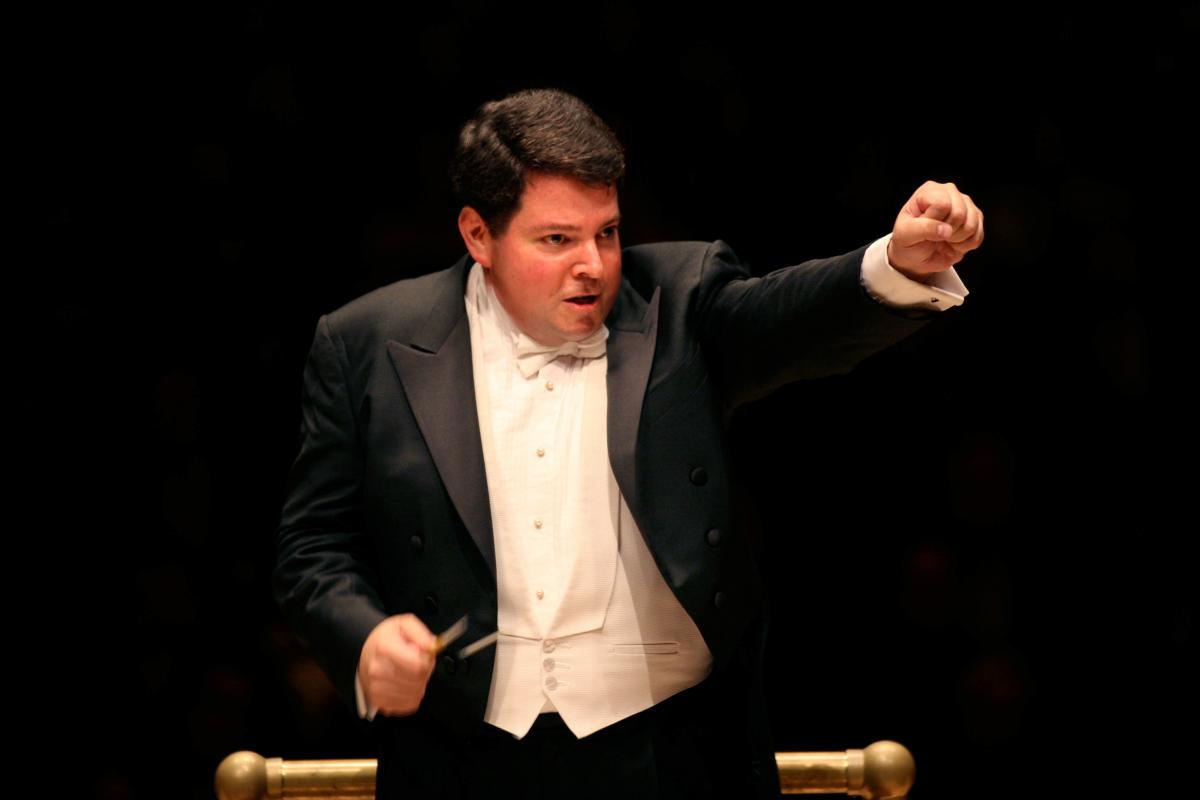The Local newsletter is your free, daily guide to life in Colorado. For locals, by locals.
Going to the symphony is an experience. You get dolled up and head out for a night on the town. This past June, the Colorado Symphony Orchestra (CSO) hired Andrew Litton to help elevate that experience. The new artistic advisor brings 30 years of professional conducting experience and a resumé padded with a Grammy win and a Juilliard education. I caught up with Litton as the CSO kicks off another season.
5280: What exactly does an artistic advisor do?

Andrew Litton: An artistic advisor, like a music director, is somebody who takes charge of the organization artistically. It’s my job to decide what music we play and when we play it: deciding the programs, who’s playing what, choosing the soloists, which kind of soloist… It’s all done very much in collaboration.
5280: What changes can we expect to see at CSO with you at the helm?
AL: You’re not going to see anything that’s really different next season except for the four works that I’ll be doing. [Editor’s Note: The programming was already decided when Litton came on board.]
I look at what the orchestra’s been playing fot the last 10 years, and inevitably there are gaps. So we’re going to fill those gaps: composers that have been underrepresented, certain styles, periods. It’s going to be the same, but different.
5280: In the past few years, CSO has added a number of more modern pieces in its season—playing at Red Rocks, performing “The Music of Queen,” for example. Will that trend continue?
AL: Yes. I think it’s very good for the orchestra to show its diversity. It’s a symphony orchestra, which means intrinsically it’s a classical music performing organism, but symphony orchestras are very flexible as well. I think it’s important that we explore the gamut of music. It also has to be venue specific. At Red Rocks we can do things that are more of a populist nature to fill the hall—but also to show an audience that might not come to Boettcher Concert Hall what we’re capable of and how great the world of orchestral music is. It’s very brave, but I think it’s the right 21st century-approach for a symphony orchestra. Classical music was pop music until about half a century ago. There’s been a seismic change, so it’s up to us to adapt rather than expect our audience to come back, because it never will.
5280: What instrument(s) do you play?
AL: Piano, and I still perform on it. I really feel it’s very important to maintain contact with an instrument. When you stand on a box and wave your hands around and expect great things to come out of other musicians, it’s important to remember what it takes. It does, I hope, make me a more understanding conductor.
5280: Do you have a favorite piece to conduct or play?
AL: It’s really hard to narrow it down. This season, I’m doing two of my favorites: “Verdi Requiem” [at Boettcher Concert Hall, March 1–3] and “Mahler 6” [at Boettcher, April 12–14]. To get to do them [both] in one season is a joy.
5280: What’s your favorite type of music to listen to?
AL: I’m obsessed with Oscar Peterson, the late, great Canadian jazz panist. Ella Fitzgerald. Sarah Vaughan. All the oldies. If it’s not Met Opera Radio, it’s jazz.
Heads up: Read “Between the Notes” in our September issue (page 220) to get an inside look at the orchestra from the perspective of resident conductor Scott O’Neil.








